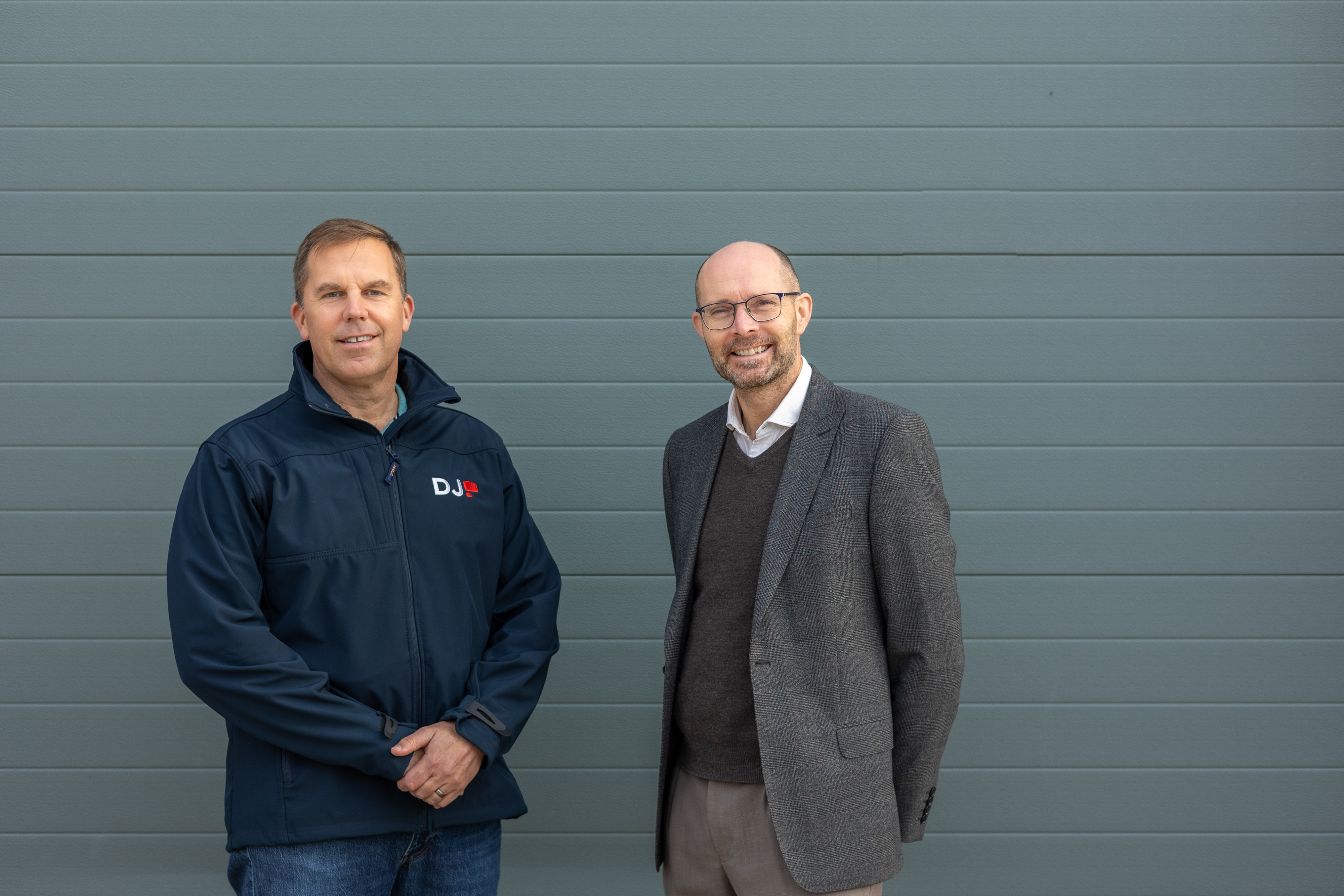Dorset calls for more government action to bring better broadband to remote rural areas
Dorset Council and local parishes are calling for more national action to ensure the county’s most rural areas do not get left behind in the digital age.
The authorities were responding to the government’s ‘call for evidence’ on how ‘very hard to reach’ areas cannot access good broadband.
Although 96% of Dorset can get superfast speeds, the remaining four per cent are struggling to cope with modern online demands – an issue exacerbated by the Covid pandemic.
And unless national interventions are targeted at these areas, around 8,000 Dorset homes and businesses will remain left behind.
Dorset Council’s deputy leader, Cllr Peter Wharf, said: “While we very much welcome the national Project Gigabit funding coming to Dorset, we want to ensure that this, and any future investments in improving connectivity, are directed at our hardest to reach areas first.
“The council has also put its money where its mouth is and invested £1m to give our residents and businesses in rural areas an additional ‘top-up’ when they apply for government broadband vouchers.
“However, we get no say on how or where that ‘top-up’ is spent, and we are urging the government to enable councils to have more influence on where money is invested locally.
“Crucially, we would like to see the government return to its original commitment of bringing gigabit-capable broadband to 100% of premises.
“In this day and age when broadband is as essential as gas and electricity it is imperative that no home or business is left behind.”

In addition to more funding, Dorset Council would like to see national subsidy offers improved so that anyone on sub-superfast speeds can apply.
Currently the offer, called the Universal Service Obligation (USO), is for people whose internet speeds are less than 10 Mbps.
It provides either a 4G Home Hub solution or a subsidy of £3,400 towards full fibre.
However, getting full fibre to the hardest to reach areas often costs tens of thousands of pounds, and many remote areas on the lowest of speeds are in mobile ‘not spots’ where a 4G Home Hub would not work.
Many people on sub-superfast speeds would also not qualify as data show they get at least 10 Mbps, but in reality their speeds can often be lower than this at peak times.
Dorset Council is calling for the USO offer to be expanded to anyone with sub-superfast speeds (under 24 Mbps).
It is also recommending that the USO subsidy towards full fibre is increased and for other alternative technologies, in addition to 4G, be offered.
Dorset’s parish councils are also calling for national action to help the county’s most rural areas.
Neil Wedge, Chief Executive of Dorset Association of Parish and Town Councils, said: “The last 18 months have demonstrated how vital having good broadband and mobile phone signals are to rural communities.
“It has helped parish and town councils continue the invaluable work they do for their residents; enabling them to meet the needs of the community; especially the case in the first lockdown of 2020.
“Looking forward, there’s a very real possibility that those travelling to towns or cities from rural locations to work will be asked to revert to working from home. In mobile and broadband ‘not spots’ this can have a dramatic impact on the lives of local families who may be forced to contemplate moving if they can’t effectively work from home.
“Getting these locations connected will sustain communities longer into the future.”
Anyone who lives or works in a remote part of Dorset and is on slow broadband speeds is urged to have their say in the government’s ‘call for evidence’.
Residents and businesses have until 25 June to complete the survey – Improving broadband for Very Hard to Reach premises – GOV.UK (www.gov.uk).



